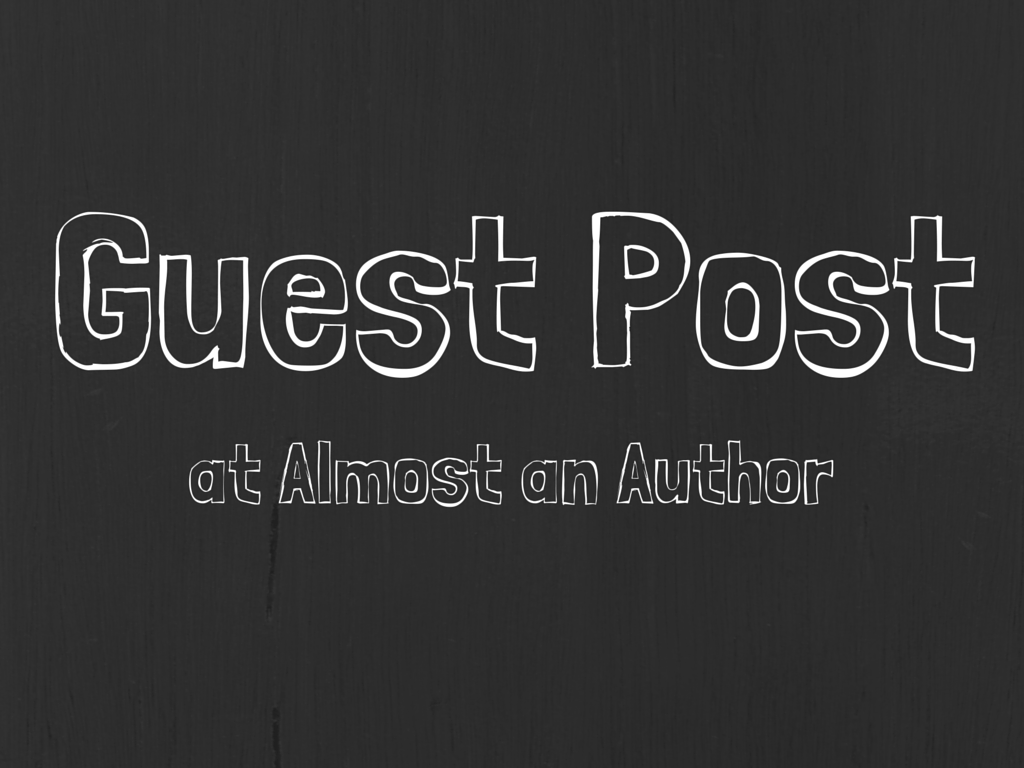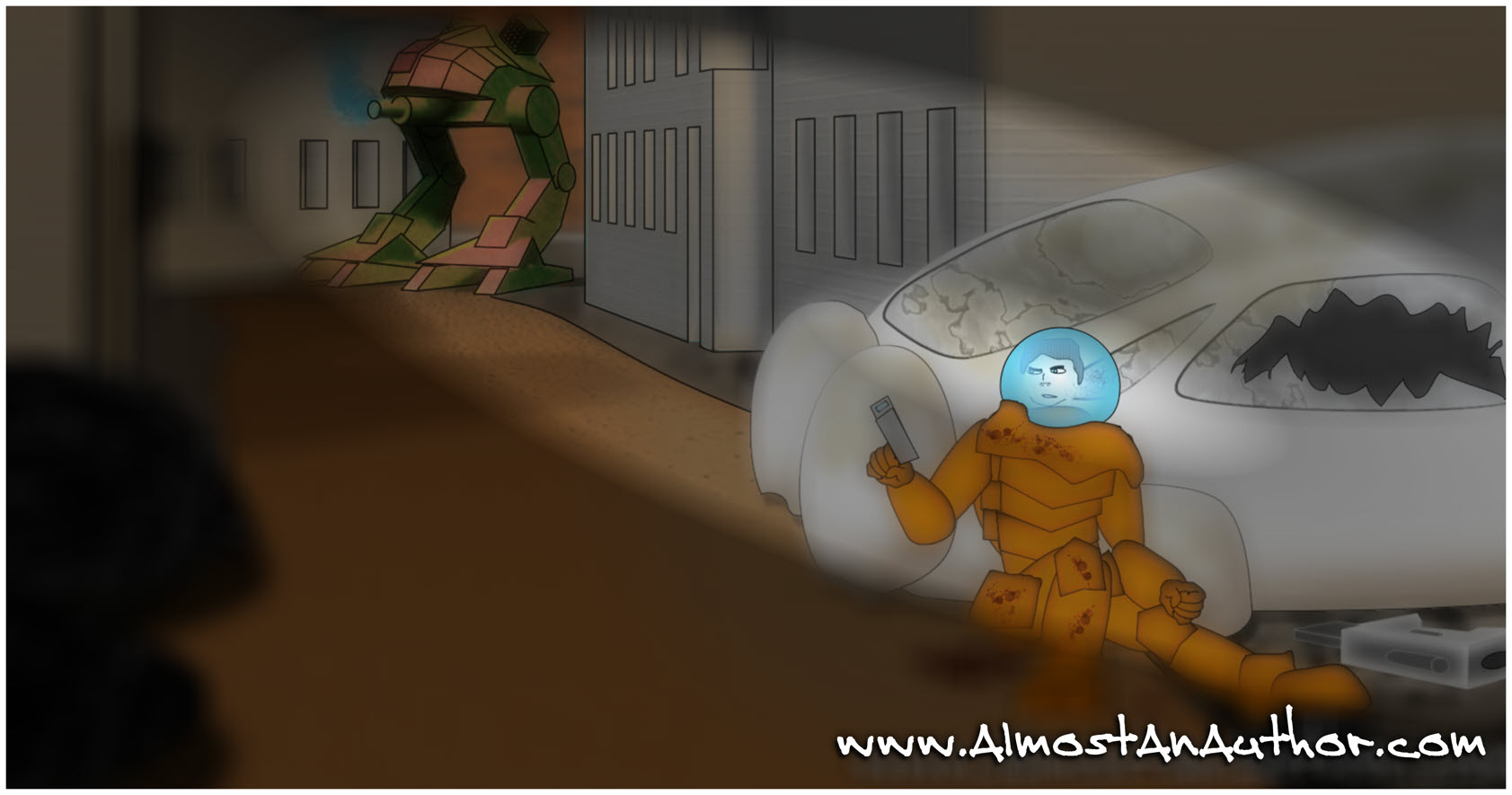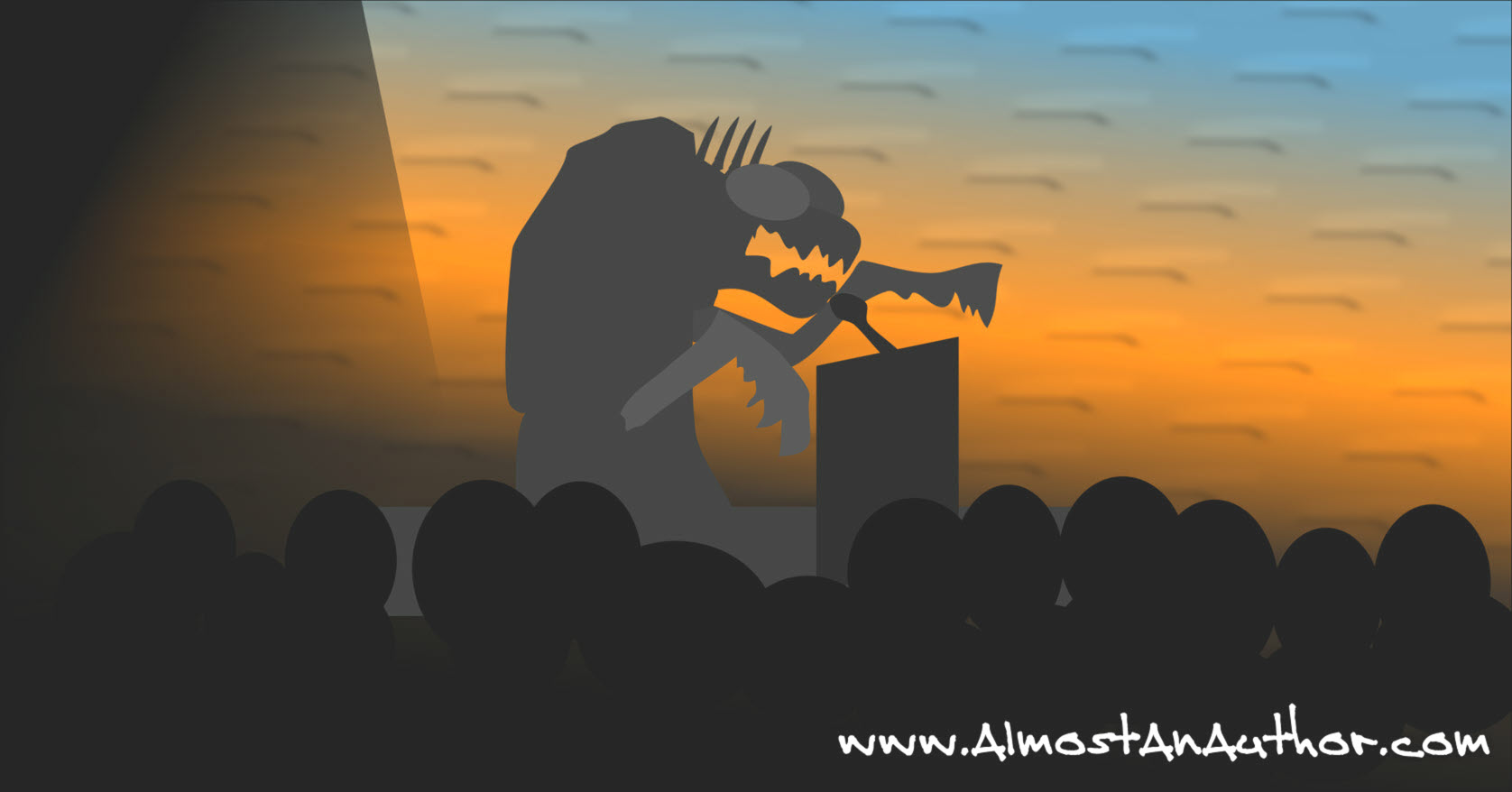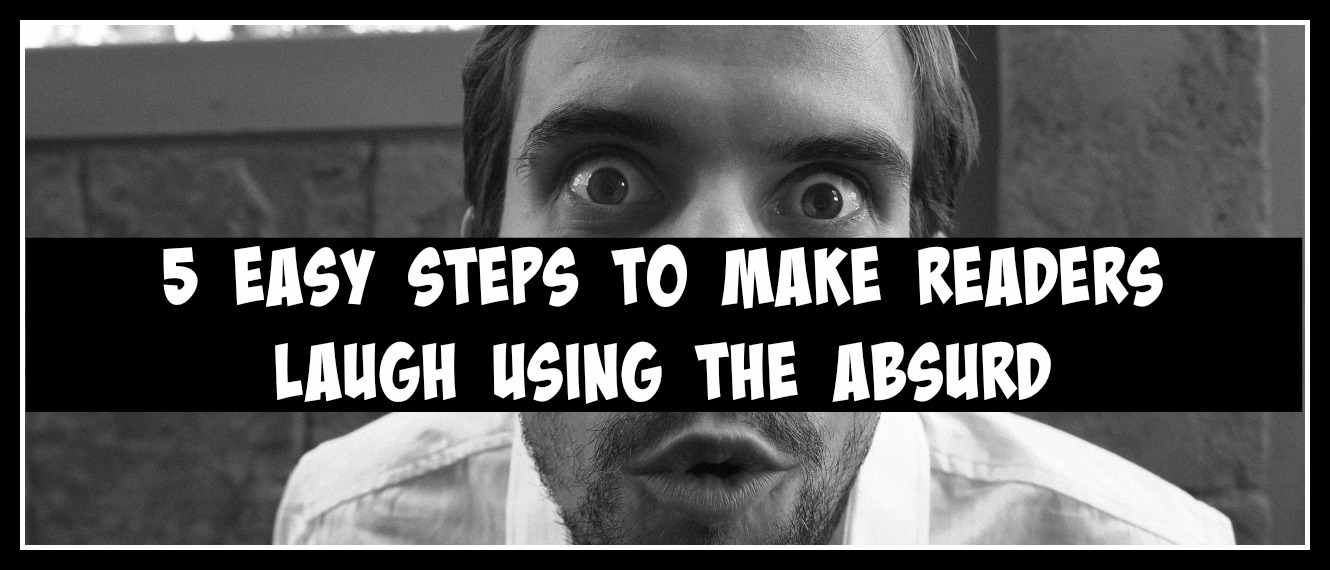
Seamless Self–Editing––Part VIII
As this series draws to a close, here are a couple practical exercises you can do at home to…
February 21, 2017
As this series draws to a close, here are a couple practical exercises you can do at home to…
February 21, 2017
For 2017, let’s understand the basics of English grammar by learning the eight parts of speech. They are the…
February 17, 2017
Jim held a gray spheroid up to the light. “So Doc, you’re saying the sex of this alien was…
February 13, 2017
Over the last twenty-five years, books have been my passion and the bulk of my writing life. It’s not where I began…
February 12, 2017
If you are reading this, you are either writing a book or considering the possibility. Writing a book…
February 9, 2017
By Sandra Merville Hart It happened again. Somewhere in the middle of writing the novel, the story got stuck…
January 21, 2017
So the new year has come! Did you make resolutions of things to do or not to do? Will…
January 20, 2017
For this post, I’m suggesting some books that you may want on your bookshelves or your may want to…
January 17, 2017
The autopsy window allowed Jim a clear view of the good doctor’s grim work. The gray-skinned corpse had been…
January 16, 2017
“Creativity is a habit, and the best creativity is the result of good work habits.” Twyla Tharp Every break…
January 3, 2017
By Sandra Merville Hart Somewhere in the midst of writing my second novel my story started to get…
December 21, 2016
We were just about to head down the aisle before my daughter’s wedding, when I reached into my bag…
December 20, 2016
Third Person In my last post, I explained that Point of View is one of the choices writers have…
November 29, 2016
Writers write because we love to use words, but let’s face it––even though we say we write for ourselves,…
November 22, 2016
I crossed paths with Satan, the other day. He was dressed in his original disguise, as a six-foot long,…
November 20, 2016
Historical authors can glean a wealth of information from old photos. They give an unintentional glimpse into everyday life…
November 19, 2016
We’re still a few days away from Thanksgiving, but we sometimes receive Christmas cards a few days after celebrating…
November 17, 2016
The carbine was still jammed and Jim couldn’t do anything to fix it. He finally tossed it aside and…
November 9, 2016
Elaine Marie Cooper With six simple words, a writer friend completely changed my perspective: “You have had a great…
November 7, 2016
I watched a movie set in the 1800s recently where a child said, “Cool!” He didn’t refer to the…
October 21, 2016
The E’s of writing for children does not equate with ease of writing for children, but includes elements to…
October 20, 2016
Earlier this week I wrote a post for my own blog and was reminded about two things: the difference…
October 18, 2016
The murmur of countless alien tongues subsided as the chairman of the interstellar council called for order. The delegates…
October 11, 2016
Ever laughed in an absurd situation or at an absurd time? Sure you have. We’ve all done it. Our friend…
September 24, 2016Don’t have the money or time to attend a conference? Need training or a tune up on your schedule?…
September 23, 2016